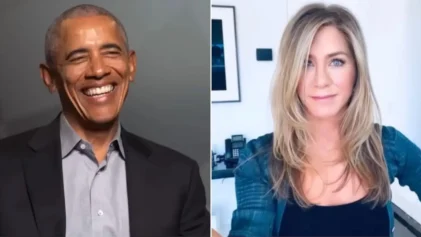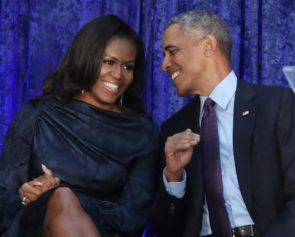The Obama administration’s intelligence and security apparatus is once again under a spotlight, as The Guardian reports that President Obama last fall issued a directive calling for a list of potential overseas targets for U.S. cyberattacks.
The 18-page top-secret presidential policy directive gave instructions to intelligence and Defense officials to draw up plans for Offensive Cyber Effects Operations (OCEO) that “can offer unique and unconventional capabilities to advance U.S. national objectives around the world with little or no warning to the adversary or target and with potential effects ranging from subtle to severely damaging.”
The directive calls for identifying “potential targets of national importance where OCEO can offer a favorable balance of effectiveness and risk as compared with other instruments of national power.”
According to the directive, the United States would seek approval from other countries if its cyber-operations impacted networks within their borders. But the order is intended to make the U.S. better positioned to strike quickly by drawing up potential targets in advance.
National Security Council spokeswoman Caitlin Hayden issued a statement saying the directive was issued in response to evolving cybersecurity threats.
“The directive will establish principles and processes that can enable more effective planning, development and use of our capabilities,” Hayden said. “It enables us to be flexible, while also exercising restraint in dealing with the threats we face. It continues to be our policy that we shall undertake the least action necessary to mitigate threats and that we will prioritize network defense and law enforcement as the preferred courses of action.”
The news of the directive comes as the White House is under attack for revelations that the Obama administration had fully embraced and expanded upon cyber-snooping started by President Bush after 9/11, using companies such as Google, Facebook and Apple to obtain information that includes the content of emails and online files, and also presenting Verizon with a directive to monitor the phone calls of millions of Americans.
During a visit to Silicon Valley yesterday, Obama defended the surveillance as a “modest encroachment” on privacy needed to protect the U.S. from terrorist attack.
“You can’t have 100 percent security and then also have 100 percent privacy and zero inconvenience,” he said. “We’re going to have to make some choices as a society.”
But the revelations complicate a two-day summit in California between Obama and Chinese President Xi Jinping by spending considerable time discussing cybersecurity. The U.S. has accused China of overseeing an extensive hacking operation that has targeted U.S. corporations.
Obama struck a defiant stance about the revelations of U.S. surveillance operations, arguing the programs had full congressional approval and criticizing “leaks” and “hype” in the media.
“If people don’t trust Congress and the judiciary then I think we are going to have some problems here,” the president said, in his first remarks since the revelations began this week.
But an intelligence source with knowledge of the NSA’s systems told The Guardian that the U.S. also had conducted offensive cyber operations and hacked into foreign computer systems to mine information.
The source said that the United States blames China publicly for “doing what we do every day.”
“We hack everyone everywhere. We like to make a distinction between us and the others. But we are in almost every country in the world,” the source said.
But in his statements during the summit, Xi has made no mention of cybersecurity.
“Relations between our two countries are at a new historical starting point,” Xi said.
Officials on both sides acknowledge that a meeting so soon in Xi’s tenure, which began in March, signaled a desire to build a personal rapport between the two leaders. The setting aso signaled a desire to make progress—the 200-acre Sunnylands estate in Rancho Mirage, which could lead to a more intimate, relaxed atmosphere than the stiff formality of White House meetings.
With temperatures near 100 degrees, the presidents wore suits but no ties as they posed in gardens with a dramatic mountain view in the background.
Obama said China’s success was in U.S. interests.
Despite inevitable “areas of tension,” he said both sides must obey the same rules.
“I’m very much looking forward to this being a strong foundation for the kind of new model of co-operation that we can establish for years to come,” he said.


